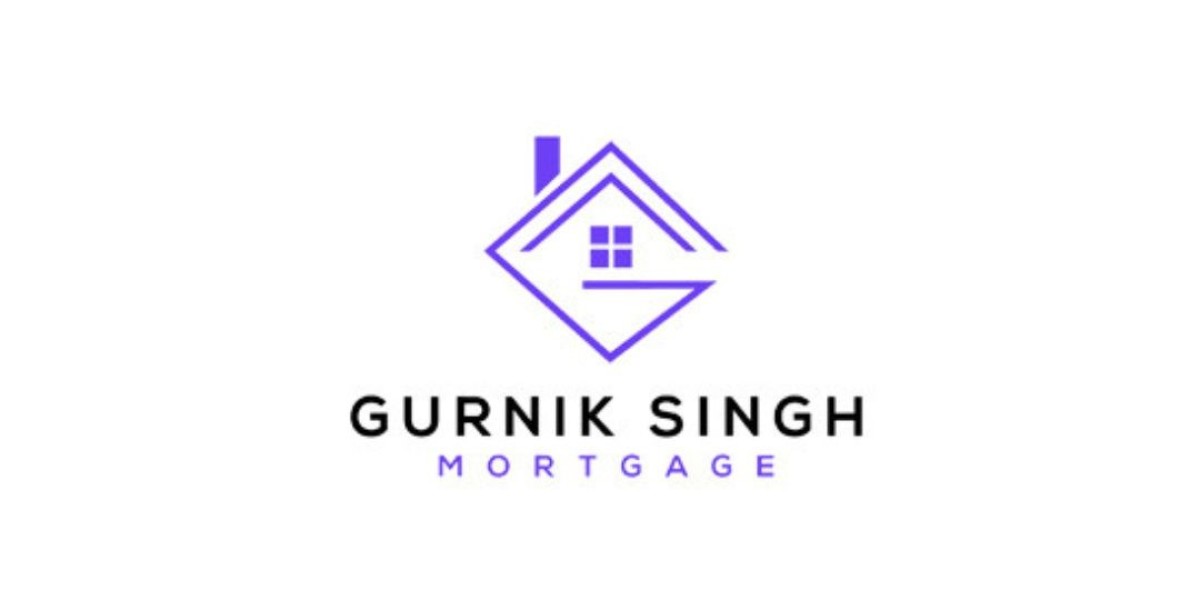Owning a home is a big milestone, and for many self-employed professionals in Vancouver, it represents both success and stability. But while entrepreneurship gives you freedom and flexibility, it can also make the mortgage process more challenging than expected. Traditional income verification doesn’t always reflect your actual financial health, and many lenders hesitate when they can’t see a predictable salary.
So, how do you navigate the process if you're your own boss? This guide breaks it down and offers insight into how you can secure the right financing, even with complex income streams.
Understanding the Challenge
Unlike salaried employees who receive predictable paychecks and T4 slips, self-employed individuals often show lower taxable income due to business write-offs and deductions. While this is great for tax savings, it can hurt your chances of qualifying for a conventional mortgage.
Lenders typically want to see stable, verifiable income, so your business income might not be evaluated in the same light. This doesn’t mean you're not eligible for a mortgage—it just means you'll need a more strategic approach.
Documents You May Need
Being organized and prepared with documentation is crucial when applying for a self-employed mortgage in Vancouver. Most lenders will ask for:
Two years of personal Notice of Assessment (NOA)
Two years of business financial statements
Proof of business ownership (such as a business license or incorporation documents)
Bank statements (to show consistent income and cash flow)
Client contracts or invoices (especially for freelancers and consultants)
The more complete your financial picture, the easier it is for a lender to assess your creditworthiness and offer you suitable options.
Credit Score Still Matters
Your credit score plays a vital role in your approval. Just like with any other mortgage, the better your credit score, the more likely you are to be approved and receive better rates. A score above 680 generally puts you in a favorable position, but even if your score is lower, alternative lending options are available.
Work With a Mortgage Broker Who Gets It
This is where expert help makes all the difference. Gurnik Singh – Mortgage Broker specializes in helping self-employed individuals navigate the unique challenges of securing financing. By understanding your business model and income structure, we can connect you with lenders who look beyond just numbers on a tax return.
Unlike big banks, which may follow strict criteria, mortgage brokers have access to a variety of lenders—including credit unions and alternative lenders—who understand that self-employed income can be reliable even if it doesn’t fit the traditional mold.
Options Beyond Traditional Lenders
If you’re having trouble qualifying through a bank, you might explore:
Stated income mortgages – where lenders use estimated income based on your profession and financial situation.
Alternative lenders – who are more flexible but may charge slightly higher interest rates.
Private lenders – ideal for short-term needs or unconventional situations.
These options allow you to buy a home without having to over-report income or change how you run your business.
Tips to Improve Your Approval Odds
Here are some smart ways to increase your chances of getting approved for a self-employed mortgage in Vancouver:
Reduce Debt – Lenders look at your debt-to-income ratio, so paying down existing loans can help.
Save a Larger Down Payment – The more you put down, the lower the lender’s risk, making approval easier.
Keep Business and Personal Finances Separate – This makes it easier to track income and expenses.
Avoid Major Business Changes – Stability is key, so try not to change your business structure or income flow during the application process.
Work With a Broker Early – The sooner you talk to a mortgage expert, the better they can prepare your application.
Final Thoughts
Being self-employed doesn’t mean you have to give up your dream of owning a home. It simply means you need a mortgage solution designed for your specific situation. Whether you're a freelancer, small business owner, contractor, or consultant, there's a path forward.
With the right guidance and a little preparation, you can confidently apply for a mortgage that supports both your business and personal goals. The key is working with someone who understands your unique financial picture and can advocate for your best interests.
If you're ready to explore your options or want expert advice tailored to your situation, reach out today. Homeownership is well within reach—even when you're self-employed.






